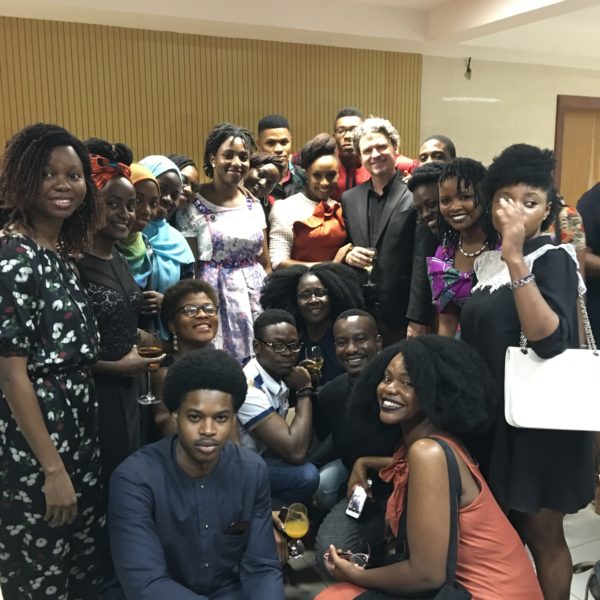
There is water everywhere, a skyline, tall buildings, twinkling lights, pleasure craft behind locked gates. Leaning back in the taxi, I relax. I’m in Lagos, on my way to the Purple Hibiscus Trust Workshop. Twenty-two writers, ten days, reading, writing, critiques, eating, arguing, bonding. The email on November 7, which started with “Dear Clementine” and ended with “Chimamanda.”
All my life Nigeria had been a myth, and Nollywood just across the border and yet so far away. Cameroon is a small country. Seventeen million people. At 170 million, Nigeria is supersized. So we have our assumptions about the sort of thing that happens in Lagos, a place where most have never been. It’s very similar to what happens when I say I am going to Zimbabwe and everyone white metaphorically smacks their forehead. Now, I’m here.
At Murtala Mohammed Airport, the Visa on Arrival (VOA) office is full, but no one is standing, and as soon as I enter a young man with dreadlocks and an American accent offers me his seat. I smile, sit, cooled by two fans. Each towers a full head above me.
‘Are you Nigerian?’ the man at the VOA says. ‘Cameroonian-born Nigerian?’
I shake my head, no, admit it’s my first time here.
‘You look like Whoopi Goldberg,’ he says.
I am liking Lagos already.
The staff are remarkably thin, elegant in fitted beige cotton, soft spoken, friendly, and competent. The men slap hands, click fingers. I watch this masculine ritual, think about West African cultures, the colonial boundaries that separate us, what the 11-year-old tradition of, first, Farafina, and now the Purple Hibiscus Trust Workshop means for our literature.
Over the next hour the room empties. Having arrived last I am dealt with last, but the VOA process is smooth and painless. I pay by credit card, drawn on a British bank. I say this because, in a kind of financial apartheid, my German card issuer refused to process my transactions the whole time I was in Nigeria.
Every day 22 writers walk through a conference room door that says PURPLE HIBISCUS TRUST. Mr Okey Adichie emails us assignments, magics away obstacles, gives us our printouts, all with smiling calm.
The room is dead silent.
We read frantically, like our lives depend on it.
There are Ms Adichie, Mr Eggers; there are Mr Aw, Ms Shoneyin, Dr Imasuen. My assignments are usually the shortest. There are Farafina Workshop alumni: among them are Mona Zutshi Opubor, Tolu Talabi. The writers shine. How they shine, these writers, unrestrained. I am intimidated. They know their escapes and crimes. The best assignment gets a prize, a beautiful box set of Ms Adichie’s books from her publisher, Narrative Landscape Press.
‘Find your writing friends,’ we are told. ‘Find the writers who get you, who read your work, whose work you read. Find writers who understand what you are trying to do. Find community.’ So we do. Over ten days we form bonds of affection.
There’s a Literary Evening at the Oriental: there’s Phyno, Falana. And then it’s over.
The truth is, I find endings hard. I have been a silence in many crowds. This one is lonely souls, is people who stay up all night reading and all day writing and want to talk about both. It’s gist and yab and I wish I wrote that and oh shit, what assignment? Now it’s over.
I have a certificate in my hand, my throat hurts. I know I will get over not being in the conference room freezing and talking, taking enough notes to write a manuscript. I will be back in Lagos soon. I have trouble remembering new names, but never old friends.
About the Author:
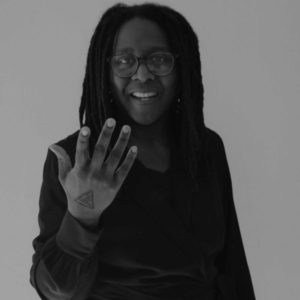 Clementine Ewokolo-Burnley is a writer, mother, and community worker. Her work has appeared in Versal Journal, Losslit magazine,The Feminist Wire, die Neue Rundschau, and elsewhere. She was a finalist for the Bristol Short Story Prize Competition and the Miles Morland Scholarship, and received an Honourable Mention for the Berlin Writing Prize. Clementine writes essays and long form fiction. In her most recent work she explores colonial history, memory and citizenship in Cameroon and in Germany.
Clementine Ewokolo-Burnley is a writer, mother, and community worker. Her work has appeared in Versal Journal, Losslit magazine,The Feminist Wire, die Neue Rundschau, and elsewhere. She was a finalist for the Bristol Short Story Prize Competition and the Miles Morland Scholarship, and received an Honourable Mention for the Berlin Writing Prize. Clementine writes essays and long form fiction. In her most recent work she explores colonial history, memory and citizenship in Cameroon and in Germany.


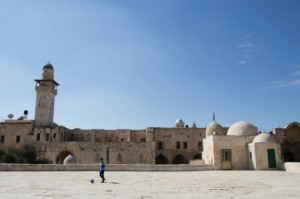
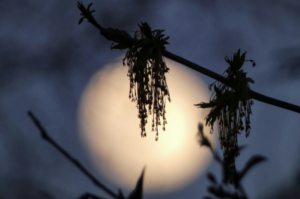

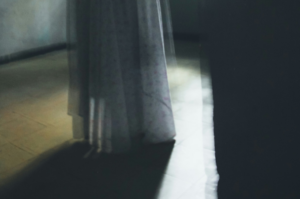



Chidinma April 13, 2023 12:46
So beautifully written. I watched the graduation ceremony for your set only last week on YouTube. Glad you wrote this essay.